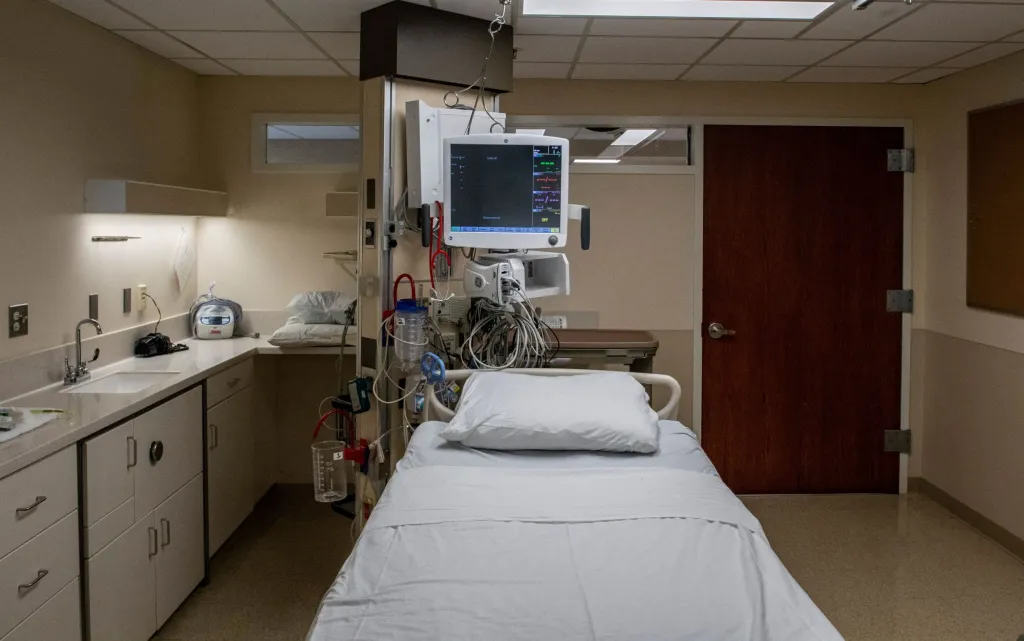Copyright Boulder Daily Camera

By Mary Doran Most Americans are aware that the health care system we have in place is not working. Having health insurance tied to employment makes life especially stressful for people with chronic medical needs. Even for those of us fortunate to have stable employment with health insurance coverage, our medical costs continue to climb as our insurance claims continue to be denied. Economic uncertainty presents other complications. Will a job loss force a person to lose coverage? Will employers scale back coverage in order to save money? The problem is that private, commercial health insurance companies must make a profit. The bigger the profit, the more successful they become. To compete with the other health insurance companies, they impose high deductibles and charge unaffordable premiums. They also increase profits by denying claims and delaying care. Now, they don’t do this with every claim, but I am certain each of you knows somebody who has had a claim denied or care delayed by their insurance company unfairly. Most other countries do better. According to the Commonwealth Fund, the U.S. is the ONLY high-income country that does not provide guaranteed health coverage. They do it, on average, for half the cost we pay in the United States, and they also produce better health outcomes. The U.S. has the lowest life expectancy at birth, the highest death rates for avoidable or treatable conditions, the highest maternal and infant mortality, and among the highest suicide rates. All this and the U.S. still spends more on health care than any other country. The solution could be a state-managed, publicly funded health care enterprise. Earlier this year, Colorado Senate Bill 25-045 was passed and signed into law by the governor. It instructs the Colorado School of Public Health to analyze options for implementing a universal health care payment system in Colorado. This has the potential of bringing us one step closer to greater health care security in Colorado. An in-depth, independent and scientific analysis of the implementation costs and health care financing is an essential next step. Unfortunately, though, Senate Bill 25-045 provided no funding to conduct the research. Instead, a growing coalition of health care advocates is working to raise more than $750,000 to support this analysis and to produce a report by the end of 2026. This group of committed volunteers has raised about $250,000 so far, and we need more help in a short period of time! There are 21 other states working toward a health care plan owned by their state to have a publicly funded, privately delivered health care system for all of their residents. Ultimately, the United States should have a publicly run health care plan. One near-term solution is to go state-by-state until finally we have coverage for all U.S. residents. That is how Canada established their national health care plan. They started province-by-province until finally they had sufficient political will to cover everyone in their country. Could Colorado be the innovative leader on this issue? Industry views our health as a commodity. You can buy health care if you can afford it. Colorado is often heralded as one of the healthiest places to live, work and thrive. Yet, access to quality, affordable health care remains out of reach. Expanding access to health care via a state-managed health care enterprise is a unique opportunity to ensure health care for all Coloradans. Science and data matter when making informed public policy decisions. The work of the Colorado School of Public Health is going to be essential to our future. The responsibility for educating Coloradans and gaining their support for public health research and information is critical. Your financial support for this work would be a first for Colorado, and it’s up to advocates who are working at the grassroots level to get it done. Donate or volunteer your time. Go to our website: fixhealthcarenowcolorado.org and support this research today. Mary Doran, RN, lives in Lafayette.



